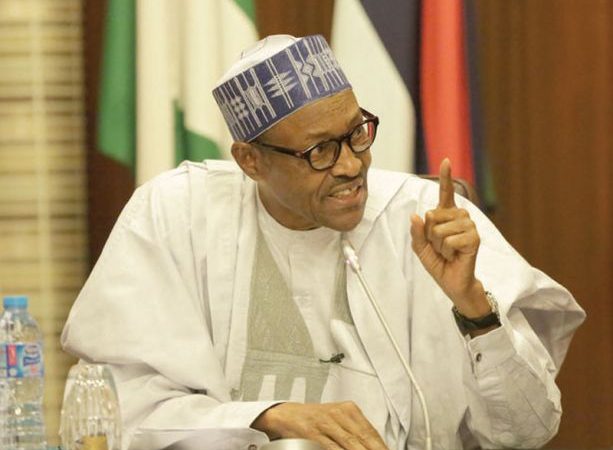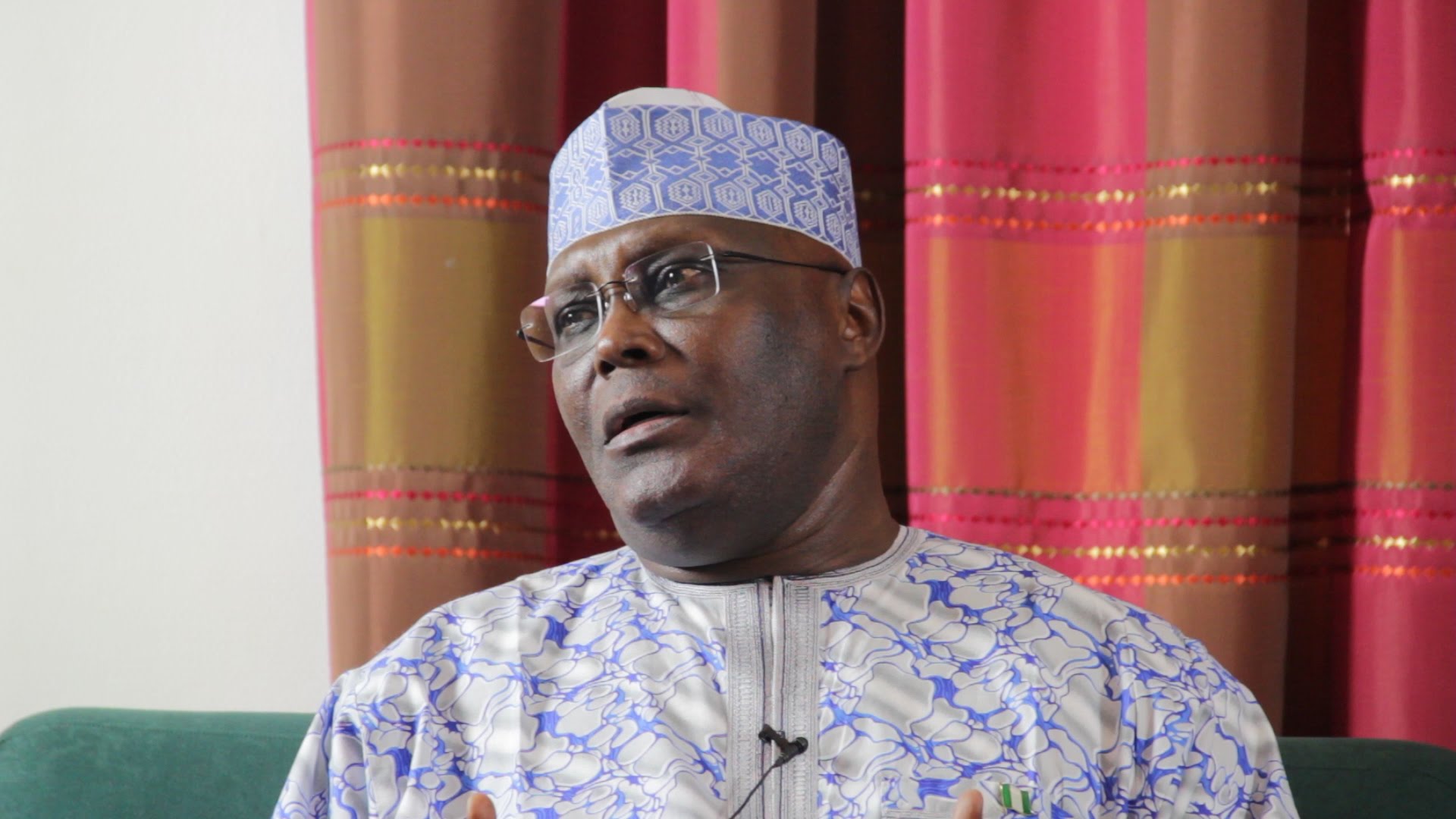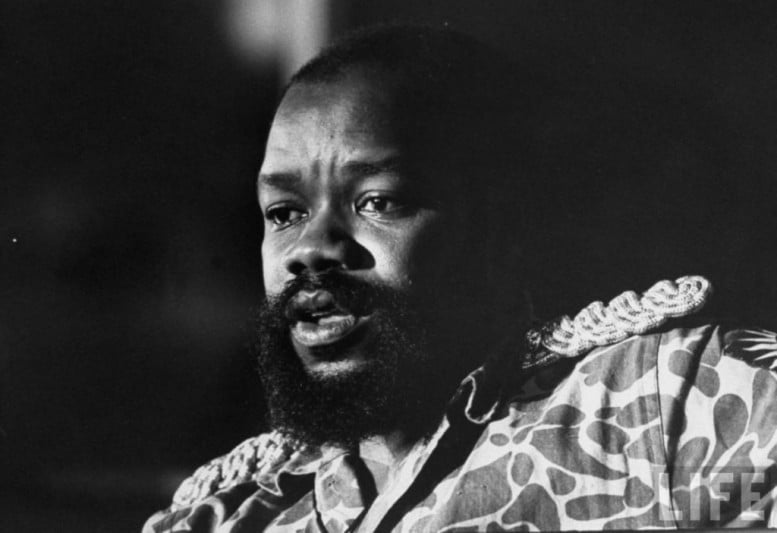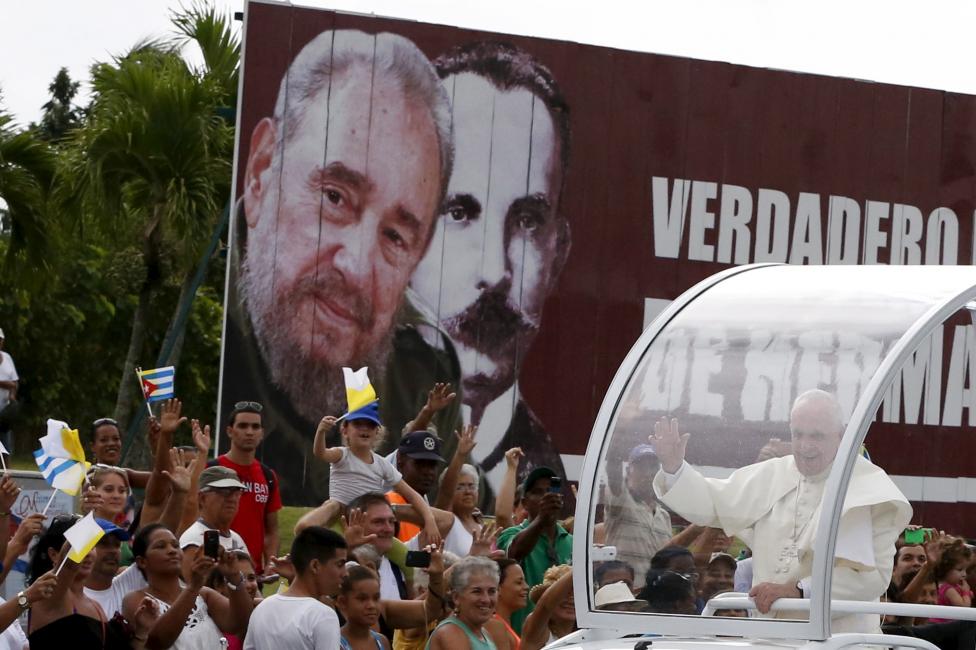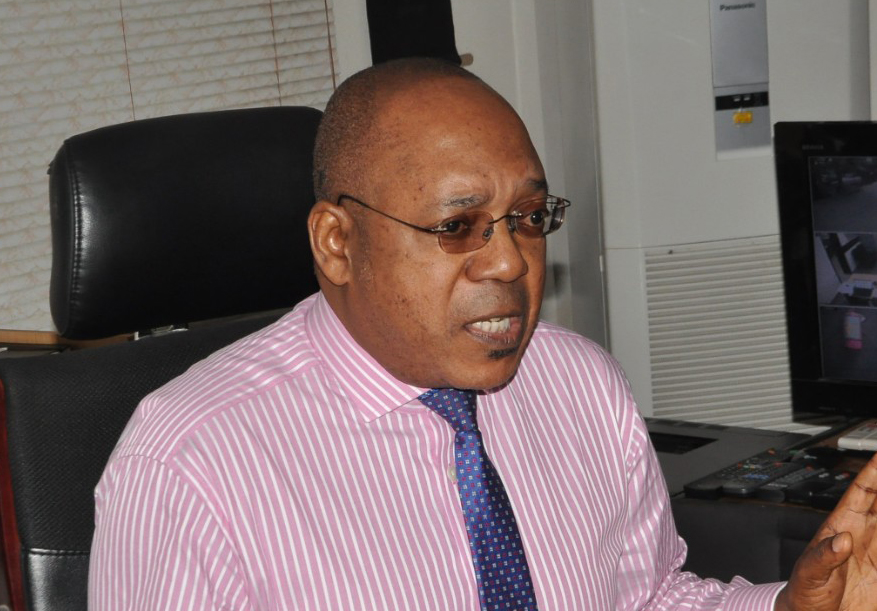Forget the staging of placards in Sokoto asking former President Goodluck Jonathan to come back to power tomorrow. The jesters have earned their pay and gone their way. They know that not even a Trumpian miracle can put together again the thousand broken pieces of the Jonathan era.
That guy was worse than Humpty Dumpty.
The gathering storm has shifted to the ruling All Progressives Congress, or what is left of it. Even if there had been an opposition party sworn to ensure that APC does not return to power, it couldn’t do more to undermine the party than the party is doing to itself.
It has suffered three convulsions in one week.
Advertisement
The governorship election in Ondo on Saturday was supposed to be APC’s best chance at a recovery after one of its legacy parties lost the governorship election in Ekiti in 2014 to the People Democratic Party’s Ayodele Fayose.
Thirty parties will contest the election in Ondo, one of Nigeria’s most enlightened and politically sophisticated states. But the election will not necessarily be about which candidate can do the job. It will be about which party big wig is worsted in the proxy war for 2019.
The election should have been the APC’s to lose, but as things are today no one can say.
Advertisement
The PDP is not the APC’s problem; the APC is not the PDP’s problem either; and all the other parties put together are not the problem of the two main parties. The maggots that could destroy the two main parties are embedded in their marrow.
The leaders of the PDP – the Ali Modu Sheriff faction and the Ahmed Makarfi faction – are so determined to destroy themselves that it doesn’t really matter to either faction which candidate wins, as long as he is not the candidate of the rival faction.
It’s the same with the APC, except that here, the rivalry in Ondo has created its own proxy party, the Alliance for Democracy.
In the last 18 months since Buhari came to power, one and a half of the two governorship elections have pitted APC national leader, Asiwaju Bola Ahmed Tinubu, against the current leadership of the party under John Oyegun.
Advertisement
In Kogi, Tinubu’s candidate, James Faleke, squared off against the Abuja favourite, Yahaya Bello; and in Edo, if Oyegun had his way, the former minister of works Chris Ogiewonyi, not Godwin Obaseki, would have been the APC candidate.
It is not unusual – it is in fact legitimate – for politicians to have their preferences. But sometimes it’s more complicated than that. The two major elections so far have not only provided the opportunity for the expression of choice, some in the APC inner circles in Abuja have also seized them to settle scores with Tinubu – and that’s putting it mildly.
It’s the third governorship election under Buhari and each election tends to show how increasingly divided the ruling party is against itself. Whether you think it’s an unfairly treated Tinubu fighting back to secure his place and influence or it’s a politically naïve president abandoning his party to other forces, it’s undeniable that the APC is in trouble.
Ondo is simply another theatre, a skirmish in the bigger war for 2019. When the small fires in the APC started last year with the sharing of party posts in the National Assembly, the President assumed they would quench themselves if he looked the other way.
Advertisement
His negligence is coming back to haunt him.
And it doesn’t matter whether his party wins or loses Ondo. From what we have seen this week, the cracks in the APC are getting wider and wider by the day, threatening to swallow the party and paralyze the government.
Advertisement
What are we to make of the spat between former Vice President Atiku Abubakar and Kaduna State Governor, Nasir El-Rufai? That these two leaders of the APC disagreed publicly is not the problem. They’ve had it between them since their days in the PDP.
But it is, to say the least, baffling that the two leading lights of the ruling party decided to renew hostilities by calling themselves traitors and corrupt, names, which even a profane opposition has not called them.
Advertisement
Atiku is in war mode. In the same week when he tackled El-Rufai and former EFCC Chairman, Nuhu Ribadu, he disagreed with the government about the extent of progress in the war on Boko Haram. The government had to scramble a military officer to defend its record.
While Aso Rock was still at it, Buba Galadima, a close associate of Buhari and member of the APC Board of Trustees, dropped a bombshell. He said if things continued the way they were going, there might be no party for the President to return to in three years.
Advertisement
In a week when the President had to carry his own cross in Ondo and also endure multiple attacks from party heavyweights, another sniper fire from within seemed too much to bear. Galadima had obviously pushed his luck too far.
In place of the awkward humour that received a similar attack by First Lady Aisha Buhari a few weeks ago, the Presidency reached for the sledgehammer this time and flattened Galadima, leaving him among the ruins of the party secretariat.
And the party? It will not matter much if the government is doing well; but it’s struggling. The people can barely get beyond their daily miseries over jobs, insecurity and inflation to care whether the party survives or not. They’re fed up with politics and feel the government is letting them down.
That’s precisely where the problem lies. Buhari cannot despise his party, fall short on his electoral promises and still hope to keep his base. It won’t happen.
He can of course defeat party insurgents by performance and then create his own party, while standing on one leg. But if the insurgents mutate and survive as sure as hell they will and he underperforms, as rising concerns indicate he could, he’ll be standing on nothing.
The convulsions of this week, topped off with former President Olusegun Obasanjo’s direct attack on the government’s pace (what happened to his hotline?) should be a wake up call.
Ishiekwene is the managing director/editor-in-chief of The Interview and member of the board of the Global Editors Network
Views expressed by contributors are strictly personal and not of TheCable.
Add a comment

